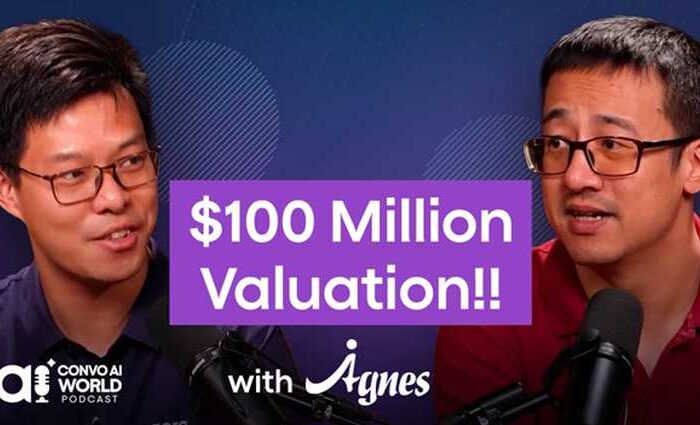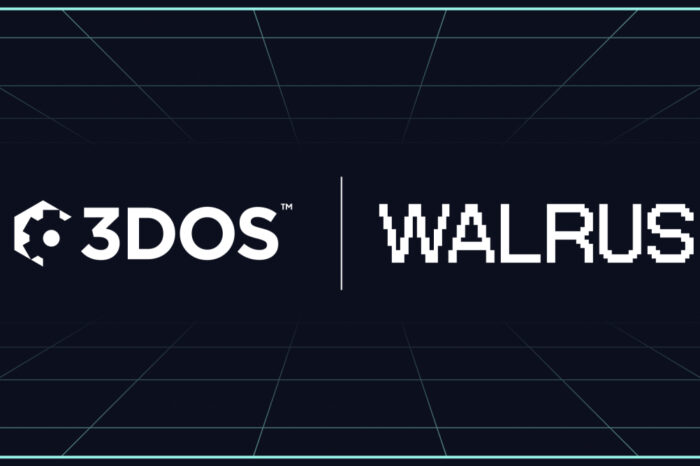OpenAI CEO Sam Altman predicts AI will replace software engineers, drive down AI costs, and AGI will reshape society

In a recent blog post, OpenAI CEO Sam Altman shared his thoughts on how Artificial General Intelligence (AGI) is inching closer to reality and what that means for the economy, society, and the future of work. His observations paint a picture of a world on the brink of massive changes driven by AGI.
AGI: The Next Step in Human Innovation
Altman sees AGI as both a continuation of humanity’s long history of building tools and a potential game-changer that could drastically reshape our lives. While AGI builds on past innovations like electricity, computers, and the internet, Altman suggests this time things could be different. AGI holds the potential for unprecedented economic growth, breakthroughs in curing diseases, and giving people more time and freedom to be creative.
Three Key Observations About AI’s Economic Impact
Altman highlights three points that show just how much AI is shaking up the economy:
- Scaling Intelligence with Resources: The more resources—like computing power and data—that are thrown at AI models, the smarter they get. This growth follows predictable patterns, meaning steady investment will keep pushing AI’s capabilities.
- AI Costs Are Plummeting: The cost of using AI is dropping at a mind-blowing rate—10 times cheaper every 12 months. Altman points out how token costs fell dramatically from GPT-4 in early 2023 to GPT -4 in mid-2024. This price drop is even faster than what we saw with Moore’s Law and is fueling a boom in AI adoption.
- Intelligence Growth Brings Huge Value: As AI gets smarter, its value to society increases even faster. This is driving more investment, and there’s no sign of that slowing down anytime soon.
AI Will Replace Software Engineers
One of Altman’s boldest predictions is about how AI will change the workplace. He sees AI agents becoming virtual co-workers, capable of handling tasks that software engineers and other knowledge workers currently do. While these AI agents will still need human supervision and won’t replace creative thinking, they could scale up in ways that will change industries. Picture millions of virtual junior engineers working alongside humans.
AGI’s Broader Societal Impact
Altman compares AGI’s potential to that of the transistor, suggesting AGI will seep into every part of the economy, often in ways we won’t immediately notice. In the short term, life might feel pretty normal, but over time, the impact will be impossible to ignore. The cost of many goods will drop as AI makes intelligence and energy cheaper, though luxury items and limited resources like land could become pricier.
Altman doesn’t shy away from acknowledging the challenges. Public policy, societal adaptation, and striking the right balance between safety and personal freedom will be key to making sure AGI benefits everyone. He warns about the dangers of AI being misused by authoritarian governments for surveillance and control.
Making Sure AGI Benefits Everyone
Throughout his blog, Altman stresses the need to ensure AGI’s benefits are shared widely. While tech progress tends to improve health and prosperity, it doesn’t automatically reduce inequality. Altman floats unconventional ideas like giving people a “compute budget” to ensure everyone has access to AI’s capabilities.
Altman’s vision is all about empowerment: “Anyone in 2035 should be able to marshal the intellectual capacity equivalent to everyone in 2025.” By making intelligence accessible to all, AGI could unlock incredible creative and economic growth.
As AGI moves from theory to reality, Altman’s thoughts offer a glimpse into the opportunities and challenges ahead, urging society to prepare for what’s coming.
You can read Altman’s blog post here.
Three Observations:https://t.co/Ctvga5vfMy
— Sam Altman (@sama) February 9, 2025




